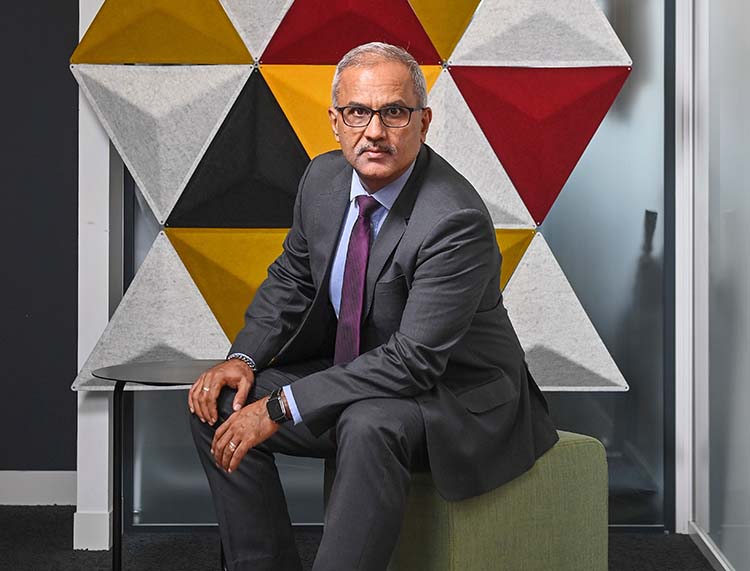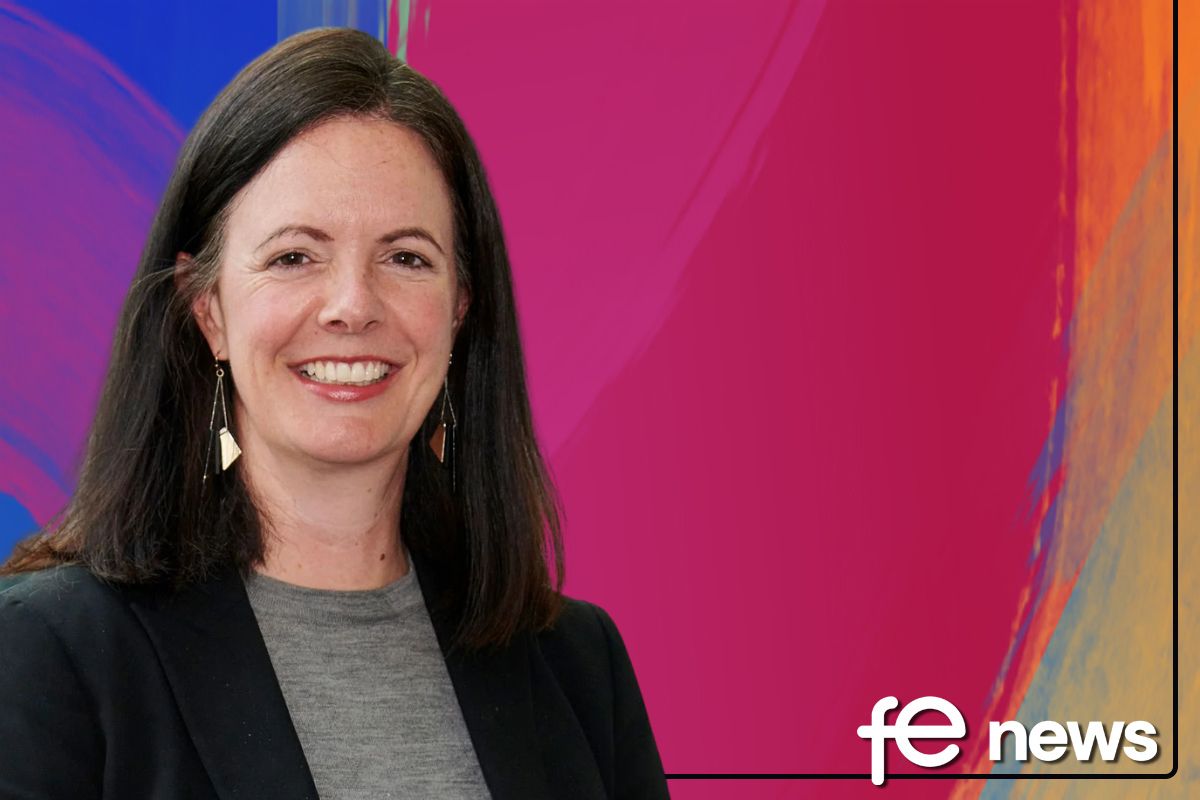How endorsing a “changemaker” mentality can help young people shine as they enter the world of work

When 800,000 graduates and school leavers prepare to enter the job market this year – and 150,000 A-Level students now looking for university places – finding the next step of their journey will seem ominous for many students. Having overcome the turbulence of a pandemic to complete their studies, the world that lies in wait shows no sign of sympathy. Recent data shows that entry-level job openings are 40% lower now than before the pandemic arrived and the class of 2021 will be joining a talent pool already bloated by unemployed graduates from years previous.
So now, more than ever, the ability to stand out is important. It is something that has often felt like a thankless task – only 39% graduates are currently confident that they will secure a job this year – but also one that provides an opportunity for young people to evaluate where their true value lies. With businesses also engaged in periods of transformation, either digitally or culturally, the opportunity to deploy new energy, adaptive skills, and critical, outcome-oriented thinking is an invaluable proposition that young people can offer to prospective employers.
At PMI, we have been fortunate enough to witness some exceptional success stories of next-generation talent, as exhibited on our Future 50 list – a celebration of the new era of project leaders. As such, we know what it takes for a young person to make a difference in the workplace and the skills they can develop to stand out from the crowd.
Introducing the changemaker mindset
For those entering the world of work, making an immediate impact can be an unrealistic expectation. At PMI, this is something we contest. In a period of frequent change – as we are experiencing now – every member of an organisation can and should take responsibility in driving progress for both their team and their individual development. To be a changemaker.
The changemaker combines human skills, business acumen, and flexibility to effectively shape the future of both themselves and their organisation. This dual impact, on a personal and collective level, means that changemakers can enable the short-term benefit of hitting objectives while also building a team of leaders and peers that will foster a successful long-term future for their organisation.
It is vitally important that we empower young people to believe that they can make a difference from the moment they step through the door of a new employer. We heard from the director of a sizable master program at a UK university that the characteristic they would most like to see in new graduates is confidence; in their ability to succeed, make a difference, and navigate the world. The changemaker profile is not limited to those with seniority or experience, but businesses must create an environment that encourages development and confidence from their junior members.
Building an environment to develop talent
As with any graduate hire, learning and development must play a leading role in their fledgling years with the business. One of the key components of a changemaker is the ability to own and lead their own upskilling. Those that go above and beyond in searching for learning or mentoring opportunities will undoubtedly stand the best chance of success in their new profession.
Of course, for this to be effective, businesses must foster an environment that encourages this behaviour. Younger team members cannot be afraid to speak out, be it through suggesting a new idea, asking a question, or requesting a training opportunity. By providing young people with the freedom to innovate, they also develop resiliency and adaptability. If the last 12 months have proven anything, it is that those are two invaluable properties in any professional skillset.
An effective way to integrate this culture into an organisation is to introduce knowledge-sharing or collaborative problem-solving sessions. These can either take the form of mentoring, town halls, or even inter-organisation networking events. By building a tightly knit community group, stakeholders can share insights on management, collaboration, and other key skills for younger colleagues to learn from in an environment that encourages open conversation.
Turning soft skills into power skills
Many graduates will already possess a significant amount of skills required to succeed in the workplace; they might just not know it yet. Soft skills – collaborative leadership, emotional intelligence, innovative mindset, and empathy – have often been undervalued in a business environment. They are qualities that we develop outside of the classroom and can subsequently be mistaken for being less important than knowledge or hard skills. This is not true.
At PMI, we believe in turning these soft skills into power skills. As we enter the Project Economy, the ability to work efficiently in a team is vital to unlock progress and transformation. As young people’s careers unfold, routine tasks will become increasingly automated – as emerging technologies become commonplace – and a higher premium will be placed on those with the ability to lead teams and think critically as well as creatively.
This period of transition has presented businesses with the opportunity to create a new paradigm for how they welcome young people into their team. By prioritising the hiring of graduates or younger candidates – and providing them with an environment to successfully develop and upskill – businesses can set the foundations for a workforce enriched with future leaders and changemakers. On the other side of the fence, those currently looking for roles must realise their value and position themselves as individuals that, given the chance, can really make a difference.
By Ashwini Bakshi, Managing Director, Europe and Sub-Saharan Africa, Project Management Institute











Responses